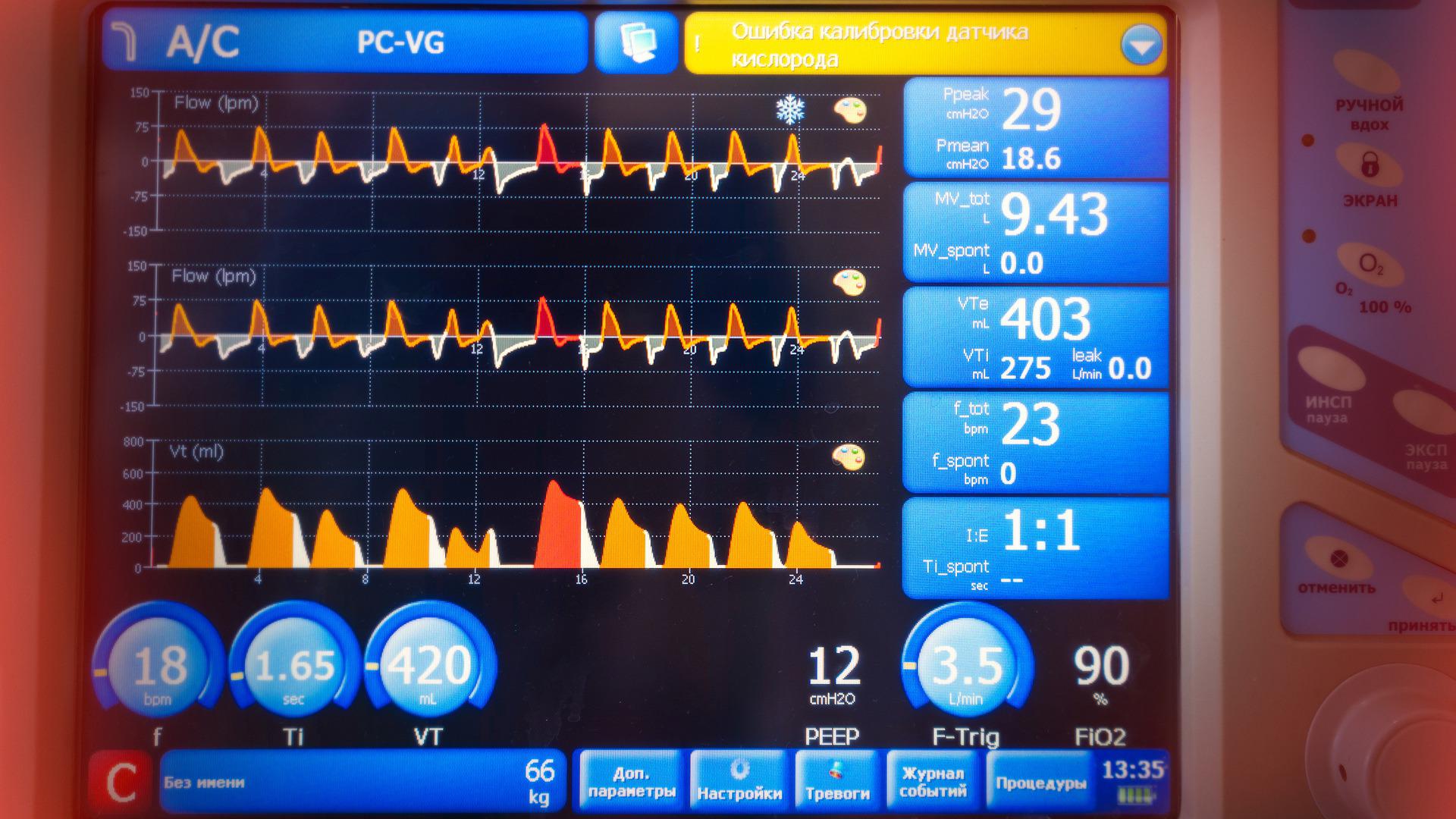
Global Prebiotics Week: Understand what it means and why is it celebrated?
Global Prebiotics Week is celebrated during the first week of November every year. Global Prebiotics Week is celebrated to highlight the importance of nutrients. Prebiotics are types of dietary fiber that feed the friendly bacteria in your gut. This helps the gut bacteria produce nutrients for your colon cells and leads to a healthier digestive system.
The lining of the gut, like every surface of your body, is covered in microscopic creatures, mostly bacteria. These organisms create a micro-ecosystem called the microbiome. This plays an important role in one's health and can even affect one's mood and behavior. There are two ways to maintain their balance helping the microbes already there to grow by giving them the foods they like (prebiotic) and adding living microbes directly to your system (probiotic).
Why does one need prebiotics? - Because if you don’t feed the good bacteria inside your gut, they will die off and be replaced by bad bacteria.
Prebiotics nourish the gut microbiome, boost the growth of beneficial bacteria, and promote the production of health-promoting substances. Prebiotics encourage both the growth of health-promoting bacteria species and it enhance their activity too. Increasing dietary fiber intake through the use of specific prebiotics may stimulate satiety hormones and enhance appetite control, which may help in body weight control
Chicory root, dandelion greens, Jerusalem artichoke, garlic, onions, leeks, asparagus,, bananas, barley, oats, apples, konjac root, cocoa, burdock root, flaxseeds, Yacón root, jicama root, wheat bran, seaweed are good sources of prebiotics.
Prebiotics are found in many fruits and vegetables, especially those that contain complex carbohydrates, such as fiber and resistant starch. These carbs aren't digestible by your body, so they pass through the digestive system to become food for the bacteria and other microbes.
Signs of an unhealthy Gut
- Upset stomach
- A high-sugar diet
- Unintentional weight changes
- Sleep disturbances or constant fatigue
- Skin irritation
- Autoimmune conditions
- Food intolerances



















